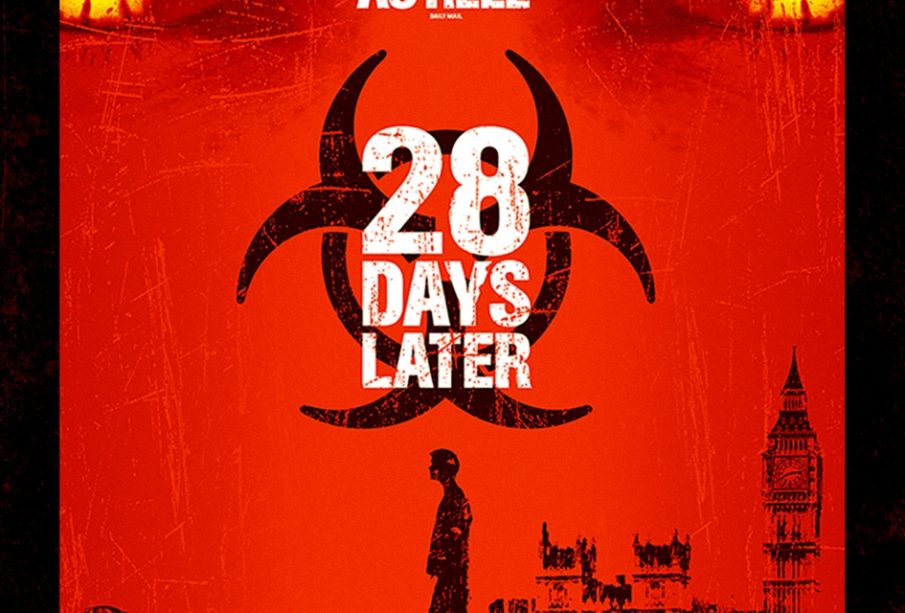The Lasting Impact of 28 Days Later in Horror Cinema

Introduction
The 2002 film ’28 Days Later’, directed by Danny Boyle, redefined the zombie genre and has become a cultural touchstone in horror cinema. Its exploration of themes such as societal breakdown, survival, and human morality resonates deeply, especially in light of recent global events such as pandemics and civil unrest. This article examines the film’s importance and its ongoing relevance in contemporary discussions about human nature and resilience.
The Film’s Premise and Impact
’28 Days Later’ presents a post-apocalyptic scenario set in the United Kingdom after a virus outbreak transforms humans into rage-fueled zombies. The film begins with animal rights activists releasing a chimpanzee infected with the ‘Rage’ virus, leading to societal collapse. The story follows Jim, played by Cillian Murphy, as he awakens from a coma to a desolate London, depicting the drastic aftermath of the catastrophe.
The film broke new ground with its choice to portray fast-moving zombies, a stark departure from the traditional slow, shambling undead. This change injected a sense of urgency and terror into the genre, influencing countless horror films that followed. Furthermore, the cinematography and immersive storytelling captivated audiences, solidifying its place as a modern classic.
Cultural Relevance and Legacy
Beyond its entertainment value, ’28 Days Later’ serves as a commentary on societal responses to crises. In the wake of the COVID-19 pandemic, many viewers revisited the film, drawing parallels between the fictional outbreak and real-world experiences. Discussions surrounding isolation, fear, and community emerged, showcasing how the film remains relevant across different contexts and time periods.
The movie’s influence extends beyond the horror genre, as it sparked conversations about the nature of humanity in extreme conditions. The characters navigate complex moral dilemmas, leading to themes of trust, betrayal, and the fragility of civilization—topics that resonate with audiences facing their own challenges.
Conclusion
<p'28 Days Later' is more than just a horror film; it is a profound exploration of human nature and societal collapse. Its impact continues to be felt in the film industry and beyond, prompting discussions that are ever more pertinent in today’s world. As we face ongoing global challenges, revisiting the film may encourage viewers to reflect on the resilience of the human spirit, the importance of community, and the ethical choices we make in times of crisis. Its legacy as a landmark in cinema ensures that '28 Days Later' will remain a point of reference for future generations.








